
Reasons Why You Need a Naturopath Marketing Plan for Your Naturopathic Clinic’s Growth
Reasons Why You Need a Naturopath Marketing Plan for Your Naturopathic Clinic’s Growth It demands a strategic marketing approach to






A business execution roadmap is the outline of clear objectives and strategic action that will support those objectives and timelines. It provides a very structured approach to achieving your goals, monitoring progress, and adapting to challenges to ensure the successful execution of your business plan.

A good business business plan attracts investors when you successfully communicate your value proposition, the market opportunity, and financial projections in a manner demonstrating potential for growth and profitability and eliciting confidence in your business strategy.

A well-planned business provides insightful data to allow knowledgeable decisions, clarifies strategic choices, and reveals the danger of projections. Thus, the business owner is encouraged to take steps toward the pursuit of growth and efficiency in running the business.

A business plan analyzing various market trends, competition, and internal factors is applied to identify risks and opportunities in terms of proactively addressing challenges or capitalizing on potential growth areas in order to strengthen your business strategy.

A proper business plan improves operational efficiency by outlining streamlined processes, setting clear goals, and defining resource allocation. It helps optimize workflows, reduce costs, and enhance overall productivity, ensuring smoother business operations.
Market research covers industry trends, customer needs, and market size to provide insights into opportunities, competitive advantages, and target segments for your business to position itself ideally.
The SWOT analysis focuses on the strengths, weaknesses, opportunities, and threats of your business, enabling you to capitalize on the advantages, address challenges, and mitigate risks for long-term success.
A competitor analysis evaluates your competitors' strengths, weaknesses, and strategies to differentiate your offerings, find gaps in the marketplace, and design a competitive advantage that will enable you to stand out in the market.
Activities undertaken to achieve business goals, meaning that every task needs to be well-articulated, assigned, and completed within time; this is how progress is dictated
Milestones are the most significant achievements or goals accomplished in your business plan that help in measuring the progress made, keeping projects on track, and ascertaining the timely completion of key phases of your strategy.
The revenue projections are the most accurate forecast for the future. It calculates future income from trends in the market, pricing, and sales projections that enable businesses to plan for growth, manage their cash flow, and set realistic financial goals
The expense projections refer to the manner in which projected future costs of business operations, marketing, and overheads are accounted for so that a business can budget appropriately, manage its resources, and derive profitability with minimal unnecessary spending.
Summary of revenues, costs, and expenses are a profit and loss statement, and it represents summarized insights into the financial performance of the business and gives the opportunity to judge profitability and make effective decisions.
A cash flow statement is, in one word, a reflection of the inflow and outflow of cash. It means that there is enough liquidity for the business to meet its obligations and continue operating and investing in growth within that business.
A balance sheet reports a firm's assets, liabilities, and equity, giving a snapshot of the financial health of a company and allowing an evaluation of business stability, solvency, and attractiveness to funding.

Hiring a business plan consultant provides expert guidance, strengthens your strategy, and enhances your plan’s effectiveness. They bring industry insights, help secure funding, and ensure sustainable growth. Here’s why you should consider hiring a business plan consultant:
Examples of such specific plans include company activities and investment plans for each category Visa Business Plan including the EB-5, E2, or L-1A.
A business plan for startup will have a vision, mission, and strategy for new ventures; it focuses on market analysis, product development, and initial funding needed to attract investors.
The SBA Business Plan is designed to fulfill stipulations by a bank and SBA. In this plan, all financial projections and repayment strategies will be outlined to secure funding.
A growth business plan is focusses scaling up the operations and increasing market share and product lines, with a view to making specific measures sustainable for growth.
Feasibility business planning establishes the feasibility of any proposed project or business idea based on actual market potential, financial provisions, and potential challenges before making a final move.
A strategic business plan defines long-term objectives, competitive positioning, and growth strategies to guide organizations in the way to fulfilling their goals while adapting to changing markets appropriately.
Operational Business Plan- An operational business plan consists of a description of the internal processes, resource utilization, and day-to-day activities required implementing organizational strategies and ensuring that the organization goes smoothly.
A business plan prepared for the acquisition of grants and funding. This type of business plan concentrates on the following: the project goals of the proposed venture, social impact, and the potential returns on investments, financial indicators, as well as benefits to gain funding support from both government and private organizations.
This is a kind of business plan prepared for investors and venture capital funding organizations. Dedicated towards attracting investors, the plan looks forward to growth prospects, financial return, and strategic positioning as an indicator of business viability as well as a long-term value for the potential stakeholders.









Offers a well-defined and structured way towards the direction of your business journey.

Enhances your ability to make effective strategic planning for better performance.

Enhance your appeal to potential investors and funding sources.

Maintain control over your financial resources and budgeting process.

Supports decision making through integrated data and analysis.

Tracks the outcomes and overall performance of your business.

Identifies and controls risks that would affect your business.

Optimize processes for better service and productivity.

Gives a basis for long-term success and sound viability.


Determine the trends and opportunities toward your business through assessments and research.

Develop a marketing strategy to reach your target audience and create engagement.

Execute your plan according to the timeline you create to ensure maximum success.

Outcomes are to be measured with the results that will positively impact business growth.
With the knowledge of industry experts have designed our Growth Marketing System, we guarantee that you will achieve excellent results through tried-and-tested strategies that take a strategic approach to increasing the success of your health and wellness business.
Leverage our expertise in small business marketing.
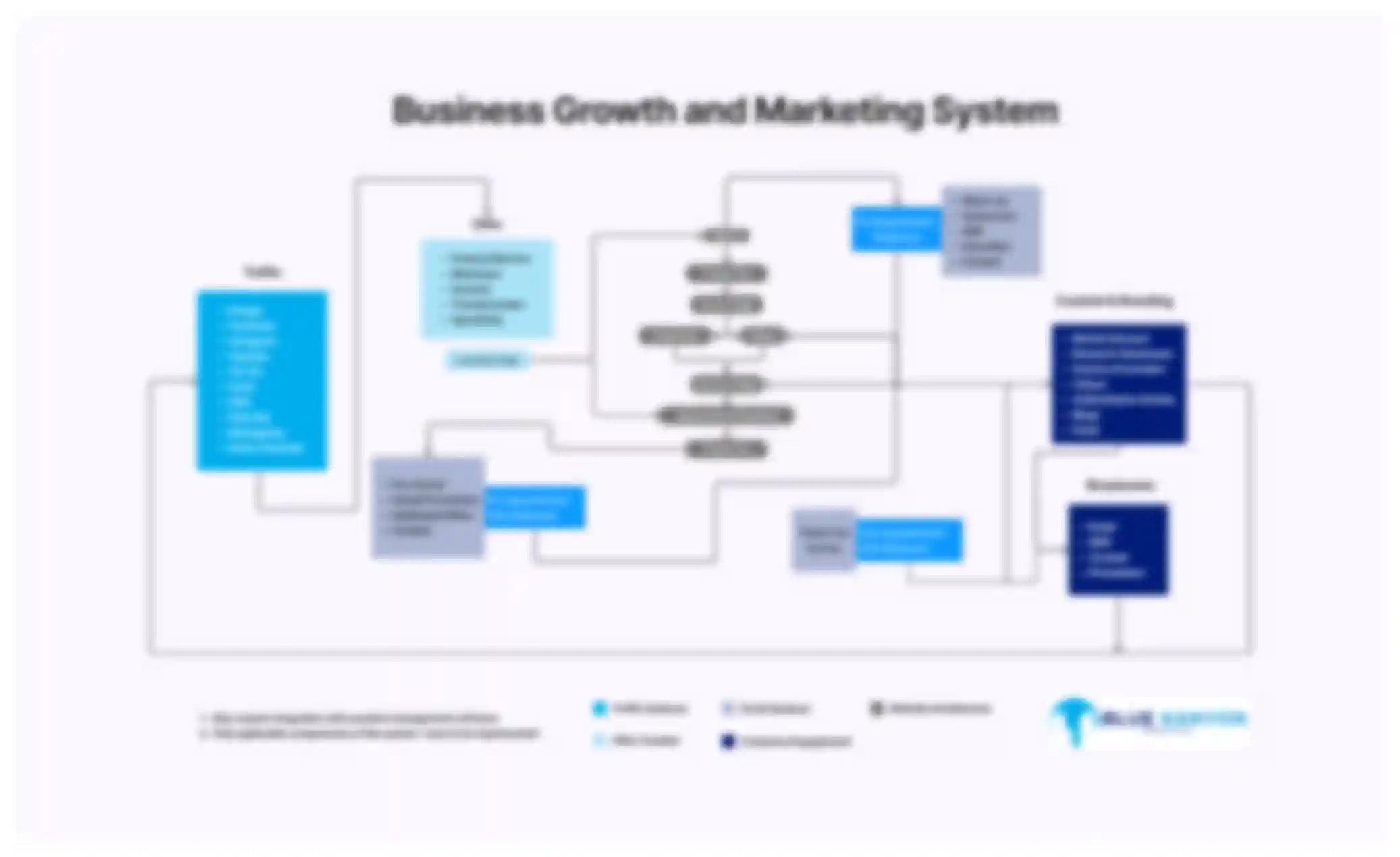





Dr. Mahananda Bhandari
Brenda McKinley
Ron Warby


Start with a Discovery Call to discuss your goals. We’ll assess your current state and suggest a strategy on how you can achieve your business goals. If needed, we will revise your business plan. Next, we develop a custom growth and marketing plan tailored to your business. As we execute the plan, we continuously monitor performance and adjust for optimal results
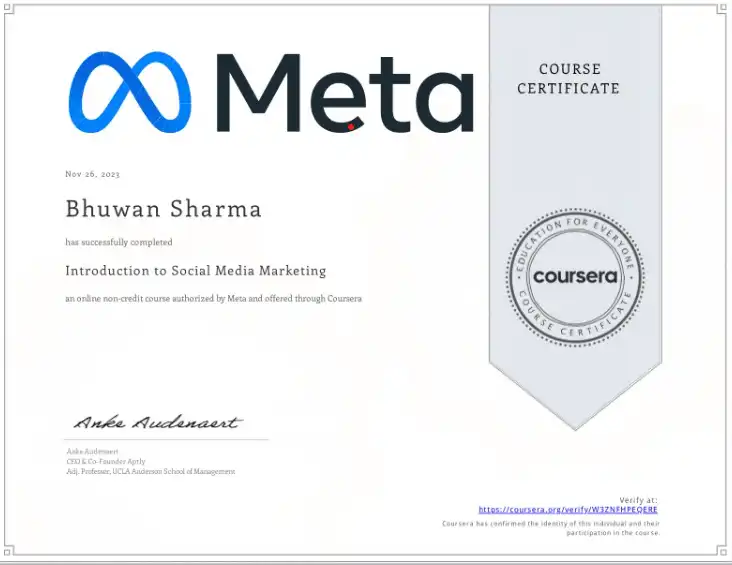
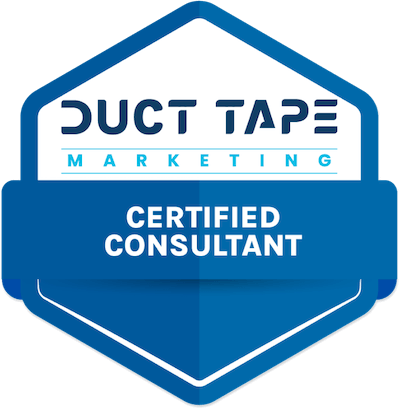
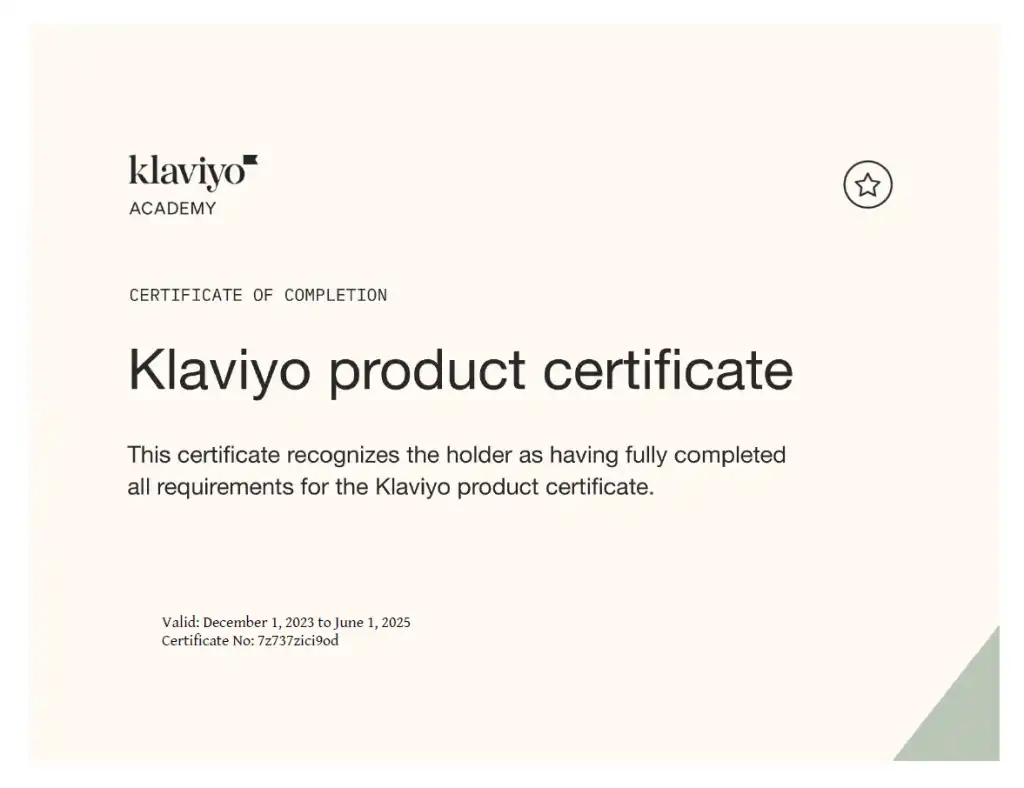
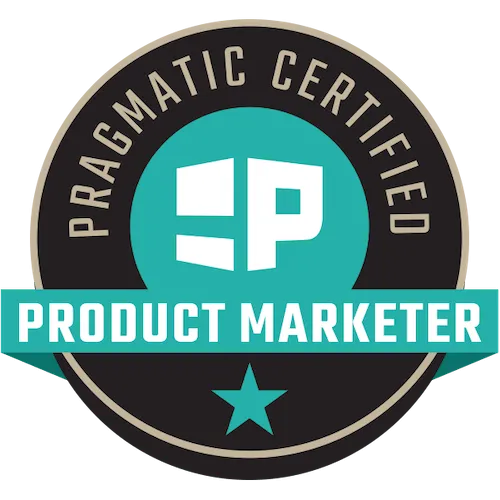


Reasons Why You Need a Naturopath Marketing Plan for Your Naturopathic Clinic’s Growth It demands a strategic marketing approach to

Local SEO for Naturopaths: Everything You Need to Know Implementing Local SEO for Naturopaths can elevate your practice, increase visibility,

Marketing Strategies for Patient Acquisition and Retention in Dentistry Running a successful naturopathic practice involves more than providing holistic care.
A business plan is essential for anyone starting or managing a business, especially those seeking funding, advice, or strategic direction, as it helps provide a well-structured roadmap.
A typical business plan has anywhere from 20 to 50 pages, depending on the complexity of the business and its purposes.
Ideally, a combination of the entrepreneur and experienced business plan consultants should be brought together to help ensure an inclusive and accurate plan.
Review and revise your business plan annually or whenever significant changes occur in your business or market environment.
Do I need a business plan to get a loan?
Yes, most lending authorities require an in-depth business plan to assess the viability of your financial prospects and ability to repay a loan.
A business plan helps to attract investors by providing them with information about your business and strategy on how to generate that revenue.
Some of the common mistakes include lack of research or unrealistic financial projections, vague goals with inadequate market analysis that undermines an otherwise effective plan.
Yes, you can write your own; however, hiring a consultant will yield a better-thought-out, more comprehensive and strategic approach to business planning.
A good business plan is one that has clear objectives, demonstrates understanding of the market, has actionable strategies, and responds to change.
A business plan explains how to start and run a business (executing the roadmap), whereas a strategic plan deals with long-term goals, decisions, and directions.
A new venture plan is targeted toward launching a business; in contrast, the expansion plan has got the type of strategies that ensure successful scaling and expansion of already existing operations.